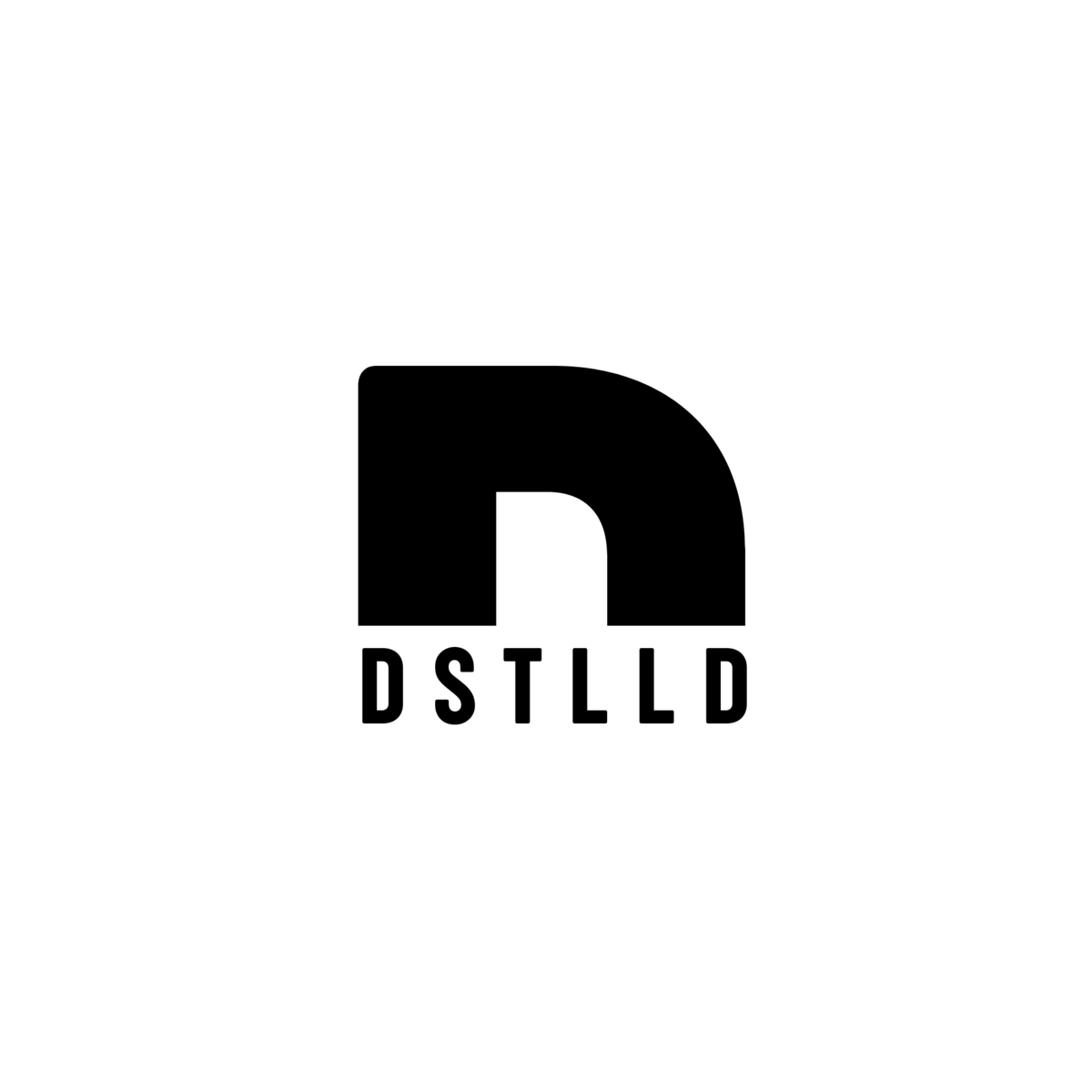Every country measures itself on one of the world’s most analyzable metrics.
Gross Domestic Product (GDP).
George Mack has a fantastic idea about how we trade hidden metrics for observable metrics, precisely because they are observable.
Hidden metrics: Time with family, quality of sleep, peace of mind.
Observable metrics: Salary, # of bedrooms in your house, job title, social media followers.

Here’s the problem:
Most hidden metrics contribute more to your quality of life than observable ones.
There are a couple countries that might have figured this out!
Bhutan and subsequently Thailand both now measure “Gross National Happiness.”
The term "Gross National Happiness" as conceptualized by the 4th King of Bhutan, Jigme Singye Wangchuck, in 1972 was declared as, "more important than Gross Domestic Product."
Gross National Happiness consists of 9 areas:
Psychological Wellbeing
Material Wellbeing/Standard of Living
Good Governance
Health
Education
Community Vitality
Cultural Diversity and Resilience
Balanced Time Use
Ecological Diversity
It’s important to note that at only 3 of the areas (Balanced Time Use, Education and Health) could be scored as a numerical observable metric.
Everything else is about making the hidden more observable.
You’ve heard the quote “What gets measured, gets managed.” It’s often attributed to Peter Drucker but that seems to be a misattribution.
The best the internet can discern, the idea it originates from a 1956 paper by V.F. Ridgeway. Simon Caulkin summarized it in The Guardian in 2008 and there is a second important part that’s often overlooked.
How many things are you measuring — only because they are easily measurable — that are decreasing your “Gross Personal Happiness”?
James Clear notes this in an April 2024 newsletter:
"If you already live a comfortable life, then choosing to make more money but live a worse daily life is a bad trade.
And yet, we talk ourselves into it all the time. We take promotions that pay more, but swallow our free time. We already have a successful business, but we break ourselves trying to make it even more successful.
Too much focus on wealth, not enough focus on lifestyle."
This is something I’ve become more conscious of in my own life. One of the easiest examples is that I pay more attention to my sleep quality after getting an Apple Watch.
Hidden —> Observable.
My challenge to you would be:
Find one area of your life that you aren’t observing, but want to improve, and find a way to track it.
Find one area of your life that you are observing, but is making your life worse, and stop tracking it.
A couple tips on tracking hard to track things:

For mental state, try to take some sort of daily note (Apple has a built-in mood tracker now).
Wearables track a lot of hidden health metrics.
Journalling is quite effective for tracking one offs.
Macro tracking could greatly improve your nutrition.
